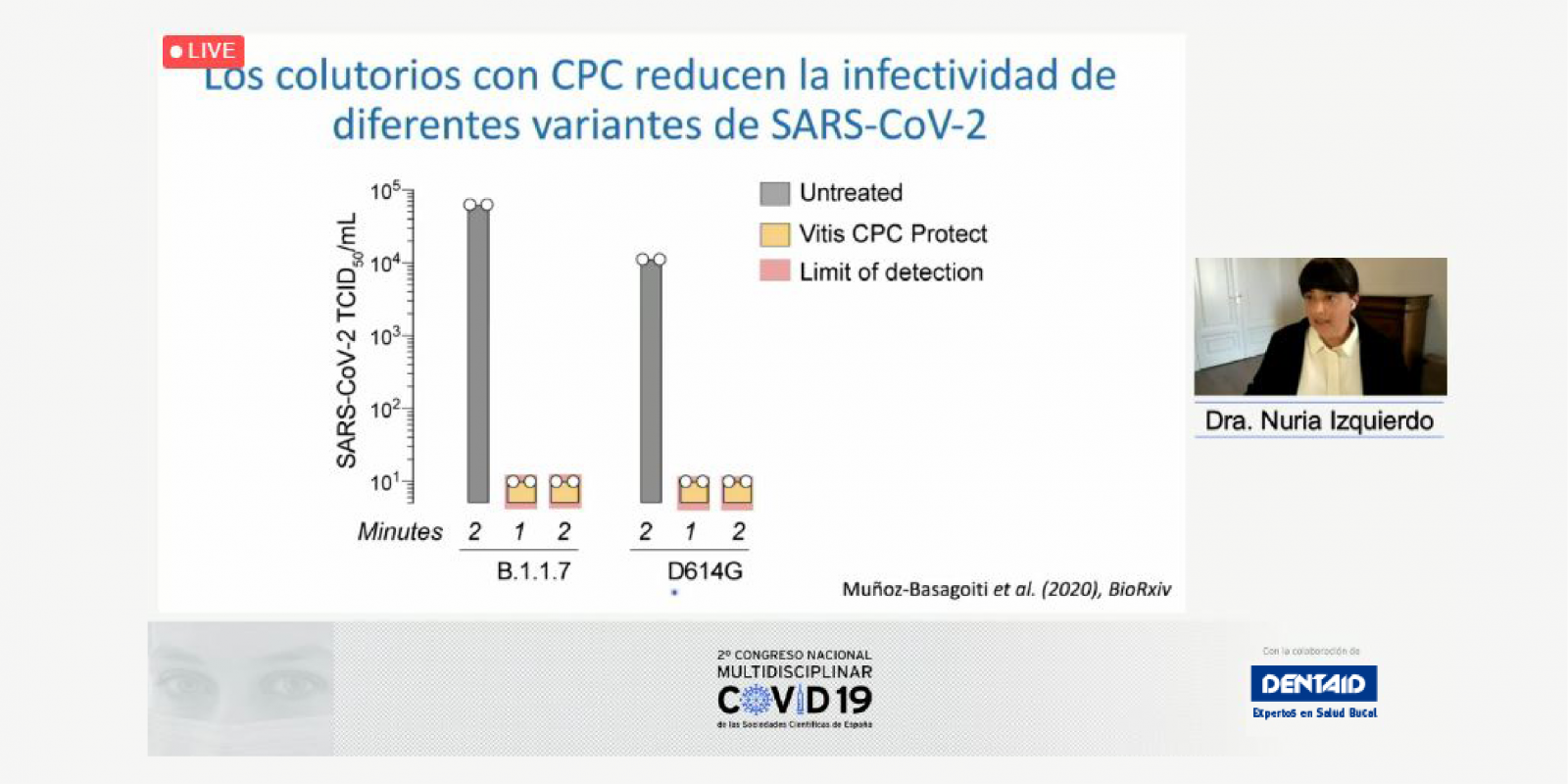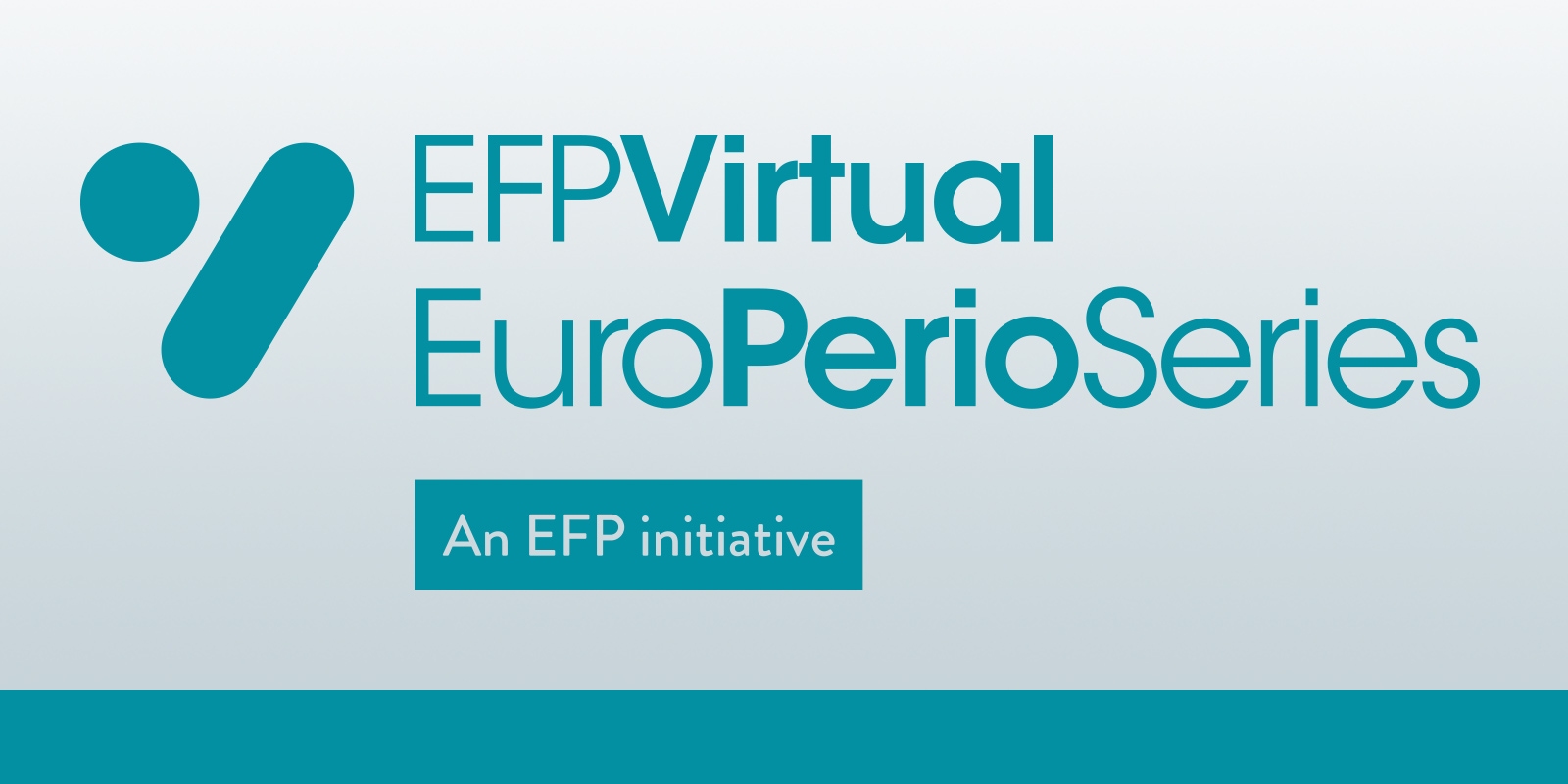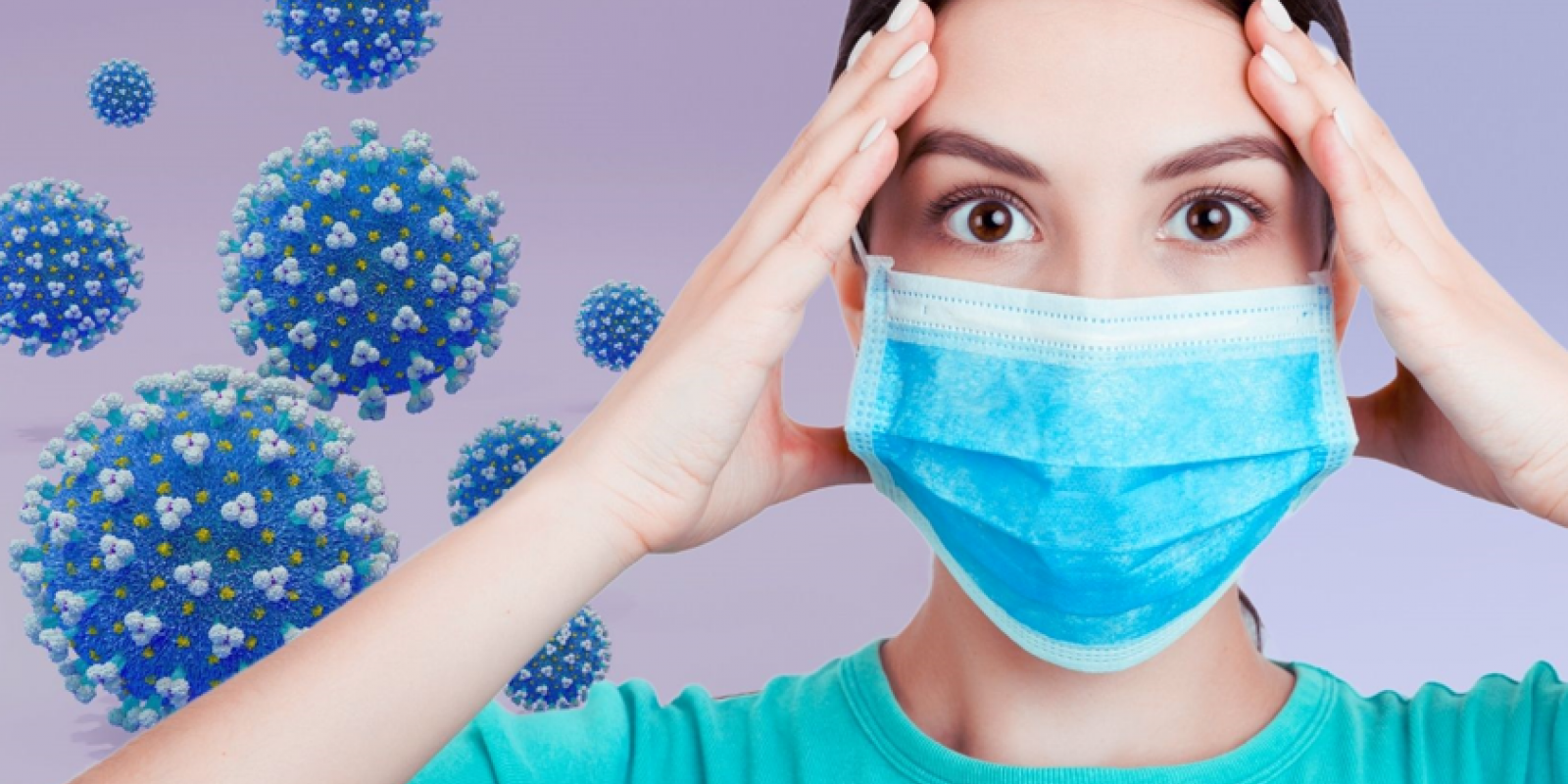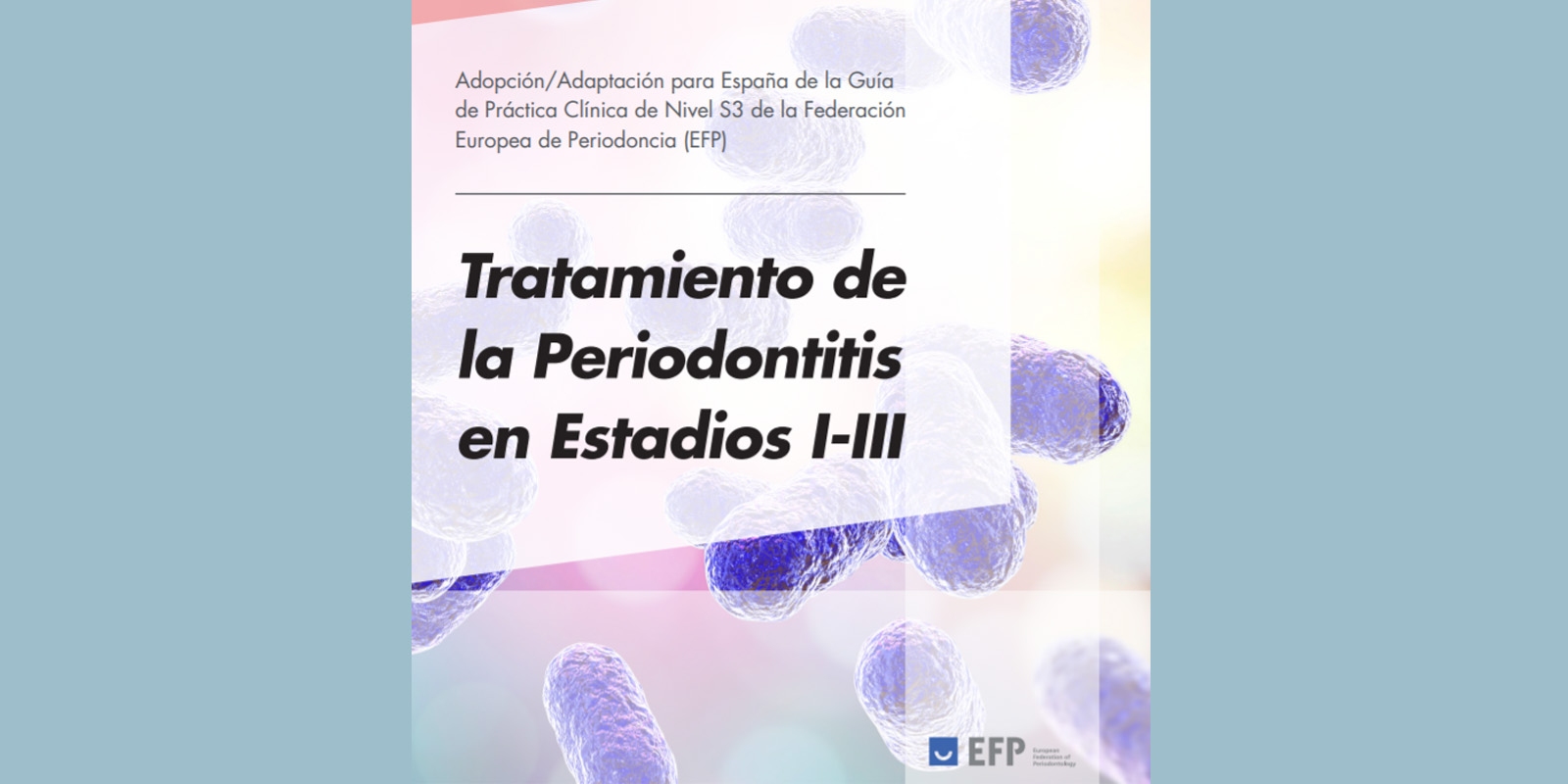DENTAID EXPERTISE
News for dentistry professionals
Cross-infection in the dental practice in times of pandemic
21 May 2021

As was highlighted during the 2nd National Multidisciplinary Congress on COVID-19 in a scientific session organised by the Spanish Society of Periodontology–SEPA with the support of DENTAID, in the words of Prof. David Herrera, a Patron of the SEPA Foundation and co-director of the Aetiology and Therapeutics of Periodontal and Peri-implant Diseases (ETEP Research Group) at the Complutense University in Madrid, “dental clinics have been exemplary with regard to the pandemic.”
This expert points out that “firstly, we must applaud the role played by dental clinics in reducing their activity to what is essential during confinement, (exclusively emergency care) and secondly, highlight that upon restarting activity when safety measures allowed, they followed the strict protocols defined by the Spanish Dental Council, and carried out the appropriate training for all staff.”
Studies show that with these protocols “the dental clinic is a very safe environment, especially since the usual cross-infection control measures in the dental clinic were already very secure before the pandemic,” adds the former SEPA chair.
Appropriate measures
Since the 1980s, with the emergence of AIDS and hepatitis B (of a different nature, but at the same time similar to that of COVID-19) dental clinics have established protocols for disinfection and sterilisation of the different areas and instruments. This has made it possible not to have to change the dental clinic’s routine substantially for the prevention of the transmission of infections, such as the SARS-CoV-2 coronavirus.
In any dental clinic, once a job has been carried out or when a patient has already been treated, all surfaces in the surgery that cannot be sterilised, (the dental chair, counter tops, chair lamp, etc.) are disinfected, and all the instruments used are taken to the sterilisation room. Once disinfected, they are packaged and sterilised in an autoclave, making sure that each cycle performed by the device is effective.
In addition, the professionals who work in the dental clinic always use protective barriers, including masks, gloves, screens or protective glasses and, of course, specific workwear, which are either discarded after use or disinfected between each visit. Other basic hygiene measures are applied routinely; for example, floors are properly and regularly cleaned with disinfectants such as sodium hypochlorite solution or other disinfectants proven to inactivate SARS-CoV-2.
This way of working is widespread and has been in place for decades in dental clinics in Spain. Nevertheless, as a result of the declaration of a global coronavirus pandemic, over more than a year additional measures have been adopted to ensure that the transmission of COVID-19 in dental clinics is practically non-existent or anecdotal (much lower than the risk of transmission in any other healthcare centres). As explained during the 2nd Congress on COVID-19 by Professor María del Rosario Garcillán Izquierdo of the Department of Preventive and Community Dentistry at the School of Dentistry at the Complutense University in Madrid (UCM), “during the SARS-CoV-2 pandemic that we dental professionals are experiencing, we have had to include new measures in our protocols to avoid contagion of the coronavirus.”
Important preventive measures have been adopted in dental clinics, which have proven to be effective. In addition, it is now even possible to make an assessment of the results of some innovative solutions that have been added over the last few months. In this regard, the UCM professor emphasised that “preventive measures are those that confer greater protection, having shown that well ventilated environments are especially advisable to isolate ourselves to a greater extent from the virus.”
The oral cavity and the respiratory tract are the gateway to the infection that we are suffering from. On the one hand, soft tissue lesions due to the coronavirus are being diagnosed, and on the other, some mouthwashes help reduce the viral load in the mouth. “Added to all this is the fact that we need to remove the mask from our patients to carry out dental treatments, and dental clinics have adopted strict safety protocols against SARS-Cov-2 infection with excellent results in compliance,” underlines María del Rosario Garcillán, who stresses “the importance of patients continuing to attend clinics regularly to maintain their oral health.”
A high-risk profession, but well protected
The dental profession, from a healthcare standpoint, is included among the highest risk jobs in an epidemic scenario, despite not being at the frontline in the fight against the pandemic itself. “This is aggravated in the case of respiratory transmitted infections, since the risk of contact with secretions, mucosa and aerosols in the surgery is extreme and requires specific preventive measures not applicable in other areas,” acknowledged Prof. Víctor Jiménez Cid of the Department of Microbiology and Parasitology of the School of Pharmacy at the Complutense University in Madrid, who carried on to say that “given their biomedical specialisation, periodontists can contribute considerably to the overall context of pandemic control, with an outlook and ideas of general interest.”
Cross-infection, which refers to the transmission of pathogens between patients and healthcare personnel reciprocally in a clinical setting, is key in a pandemic scenario since, in the absence of adequate barriers and prevention protocols, healthcare centres become high-risk sources of contagion (as occurred in some hospitals with the amplification of Ebola outbreaks at the beginning of the Central African epidemic, for example). The infection can be the result of direct person-person transmission, or indirect contact, through contaminated objects known as fomites (utensils, towels, etc.).
In the current pandemic, healthcare personnel have suffered one of the highest rates of contagion, especially at the beginning of the pandemic. “Although the COVID-19 crisis has heightened the management of cross-infection and has forced the implementation of specific protocols, we must point out that their importance is enormous, even in the absence of a pandemic scenario, since there are many diseases that can be transmitted in the surgery,” according to Prof. Jiménez Cid.
In this context, what has happened in dental surgeries during the pandemic is exemplary, with very few notifications of cross-infection events in dental clinics, despite the intrinsic risk in the work performed. “This just goes to show that the training of dentists in risk prevention is remarkable and their contribution to preventive attitudes during the crisis can serve as an example and help a lot”, underlines the professor of Microbiology and Parasitology at the UCM. In his opinion, “dentists, for example, were among the first groups to advance the importance that aerosol transmission could have, when this had not been observed at the beginning of the pandemic.”
Dentists have made use of their in-depth knowledge regarding the prevention of cross-infection, by adapting to work at Biosafety Level 3 and managing transmission barriers professionally using effective disinfection techniques. All of this has reduced transmission in the high-risk environment inherent to the profession.
RELATED ARTICLES

17 Feb 2022
EuroPerio Series: professional discussions and scientific exchange
To keep the global perio community up to date with the latest research findings as well as give a taster of what is to come at EuroPerio10, the…

21 Jan 2022
Xerostomia in COVID-19 positive patients: clinical considerations
Severe Acute Respiratory Syndrome Coronavirus 2 (SARS-CoV-2) the cause of the pandemic known as COVID-19, affects different organs and systems (lungs,…

20 Jan 2022
A guide adapted to Spain to optimise the approach to periodontitis
There are currently numerous clinical practice guidelines to direct the treatment of many systemic diseases (such as diabetes, depression,…
Sign up for the DENTAID Expertise newsletter
Sign up for the newsletter